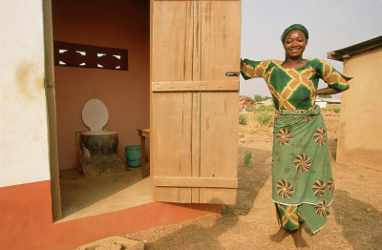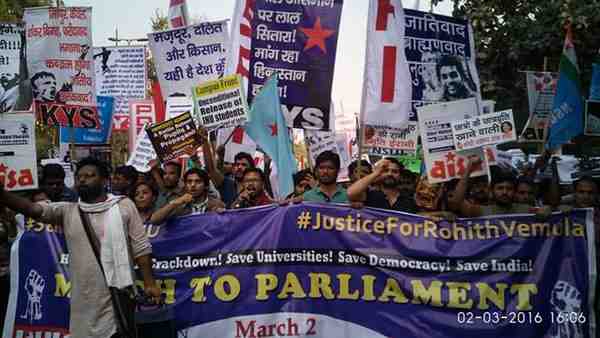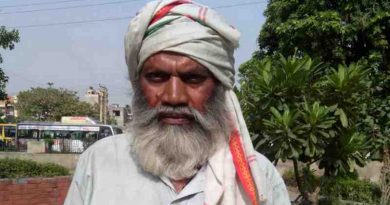When 2.5 Billion People Live Without a Toilet
In the world population of 7 billion, it’s estimated that 2.5 billion people live without a toilet. They defecate in the open – on streets, in the fields and forests.
WaterAid announced today a grant from the Bill & Melinda Gates Foundation that puts the global sanitation crisis at the forefront of advocacy efforts aimed at improving the lives of millions of people living without toilets or sanitation in Ghana, India, and Senegal.
The $2 million grant from the Bill & Melinda Gates Foundation comes at a time when support for the sanitation crisis is critical: nearly one-third of the world’s population do not have access to a toilet.
Poor sanitation contributes to 1.5 million child deaths from diarrhea each year. When there is nowhere safe and clean to go to the bathroom, disease spreads quickly, water sources become polluted and women and girls face an increased risk of rape or attack.
[ Also Read: Tarun Tejpal: A Rapist or the Blue Jackal? ]
“Investing in advocacy around toilets and sanitation is one of the smartest, most effective ways we have to combat extreme poverty,” said WaterAid America CEO, David Winder.
“Health, quality of life and poverty levels are radically impacted when people, especially women and girls, have access to toilets and hygiene education.”
Over the course of the next two and a half years, the international development nonprofit, WaterAid, will use this contribution to drive political commitment and action in Ghana, India, and Senegal by supporting initiatives led by those governments to increase access to basic sanitation services.
[ Also Visit: REAL VOTER – Politics in India ]
In the US, the grant will bolster efforts to ensure that the United States, as a donor country, supports improved accountability and data collection worldwide and is focused on sanitation solutions that resonate most for affected communities, including by increasing the linkages between sanitation and other health efforts, such as improved nutrition and ending preventable child deaths.
The World Health Organization estimates that $220 billion would be returned to the global economy each year if the world were to achieve universal access to sanitation; yet financing for toilets and sanitation is abysmal in comparison to other development sectors such as health and education.
[ Also Read: UN Help in South Sudan as Fighting Continues ]
WaterAid is an international non-profit organization dedicated to helping the world’s poorest people gain access to safe water and sanitation.
WaterAid works in 27 countries across Africa, Asia, Central America and the Pacific region. Since 1981, WaterAid has reached 19 million people with safe water and, since 2004, 15 million people with toilets and sanitation.
In the picture above: Rakiya Abdullah next to her latrine, Sagnarigu, Tamale, Northern Region, Ghana.
Photo courtesy: WaterAid
💛 Support Independent Journalism
If you find RMN News useful, please consider supporting us.




